Iowa State students have gone on to become health leaders with careers such as health coaches, public health experts, lobbyists, policy advocates, FFA teachers, entrepreneurs, physical education teachers, wellness program leaders, community health advocates, healthcare economists, health communicators, and lawyers.
Health Leaders
Student stories
-
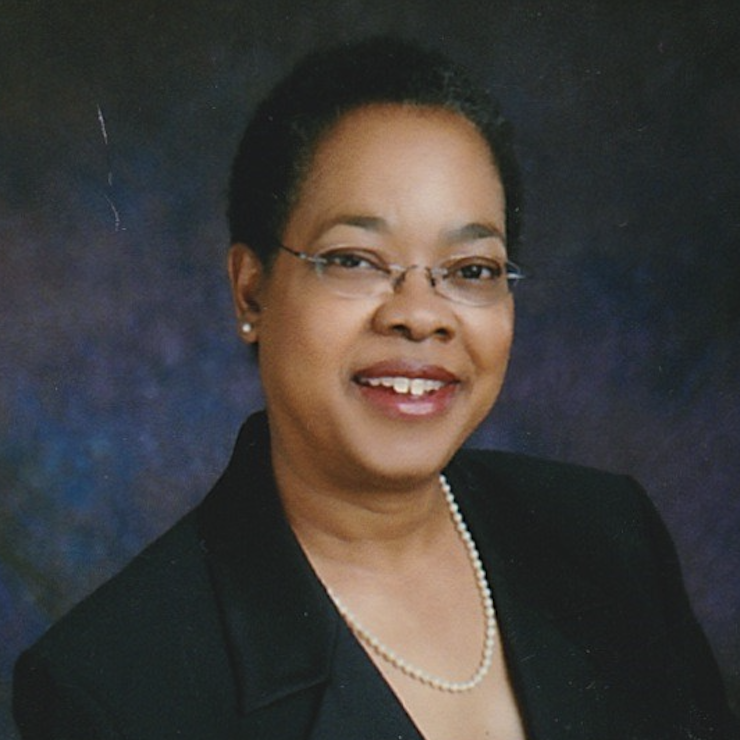
Beverly
As a physician and community leader, Beverly (’74 zoology) has broken down barriers, challenged practices in medicine, and brought many new lives into the world. Her advocacy launched a new obstetric department in her community and opened a new hospital to her hometown of Quitman, Texas.
-
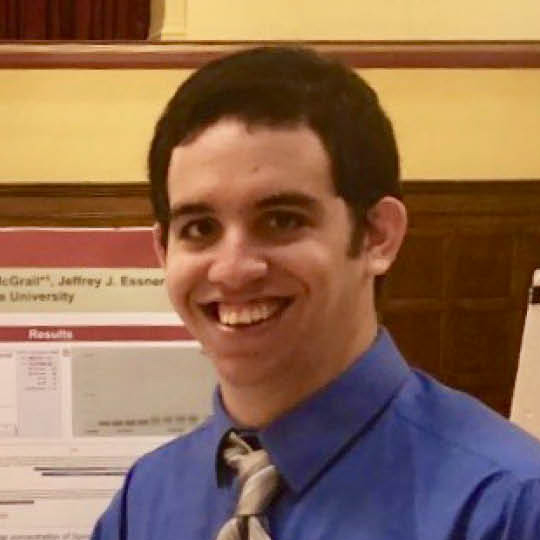
Alejandro
Alejandro (’21 genetics) came to Iowa State with a goal to become a medical doctor. Medicine is still his dream, but now his ambitions are even broader. Alejandro's undergraduate research prepared him to enter a combined-degree graduate program and to focus his Ph.D. on neuroscience.
-
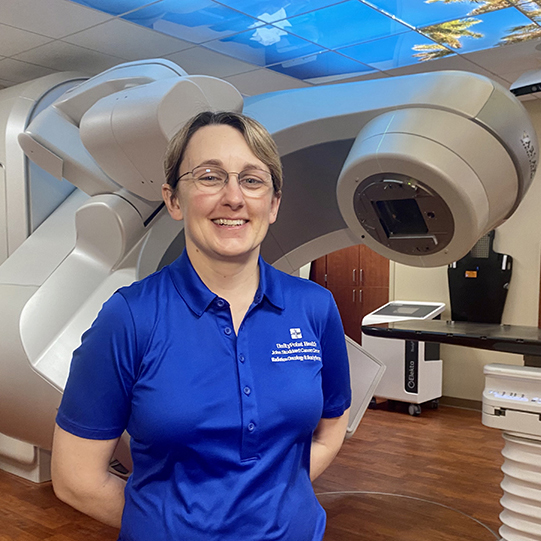
Jen
Jen (’98 physics) is the lead medical physicist at the John Stoddard Cancer Center in Des Moines, Iowa. She formulates treatment plans, calibrates complicated equipment, and ensures the quality and safety of life-saving radiation therapies.
-
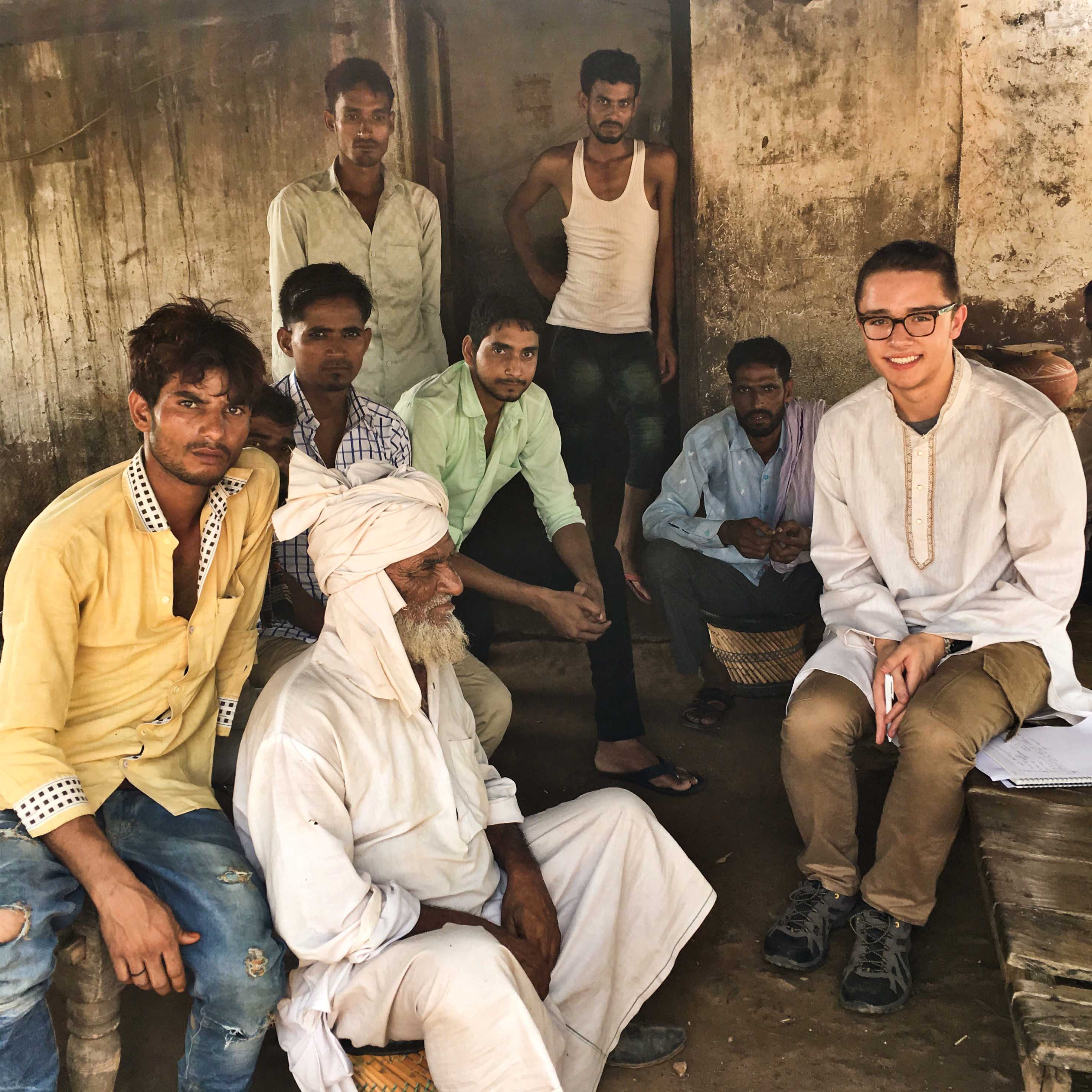
Nick
Internships in India and the Netherlands provided Nick (’22 global resource systems) with the real-world experience to advocate for solutions to the worldwide problems of food security and water scarcity.
Faculty research
-
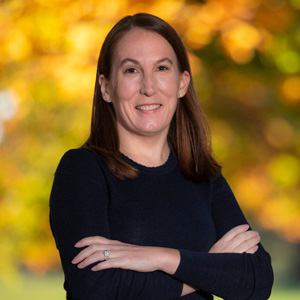
Molding medical careers
After a career researching new therapies for breast cancer, Dr. Alison Esser now finds joy in mentoring students. The advising coordinator in biology and genetics draws on her experiences to help students reach their goals of entering health-related careers.
-

Aging in place
Daejin Kim, interior design, seeks ways to improve homes so we can more easily “age in place.” He studies the physical, psychological, and social impacts older adults experience and tests home modifications that may reduce the risk of falls and injuries, ameliorate depression, and provide greater independence.
-
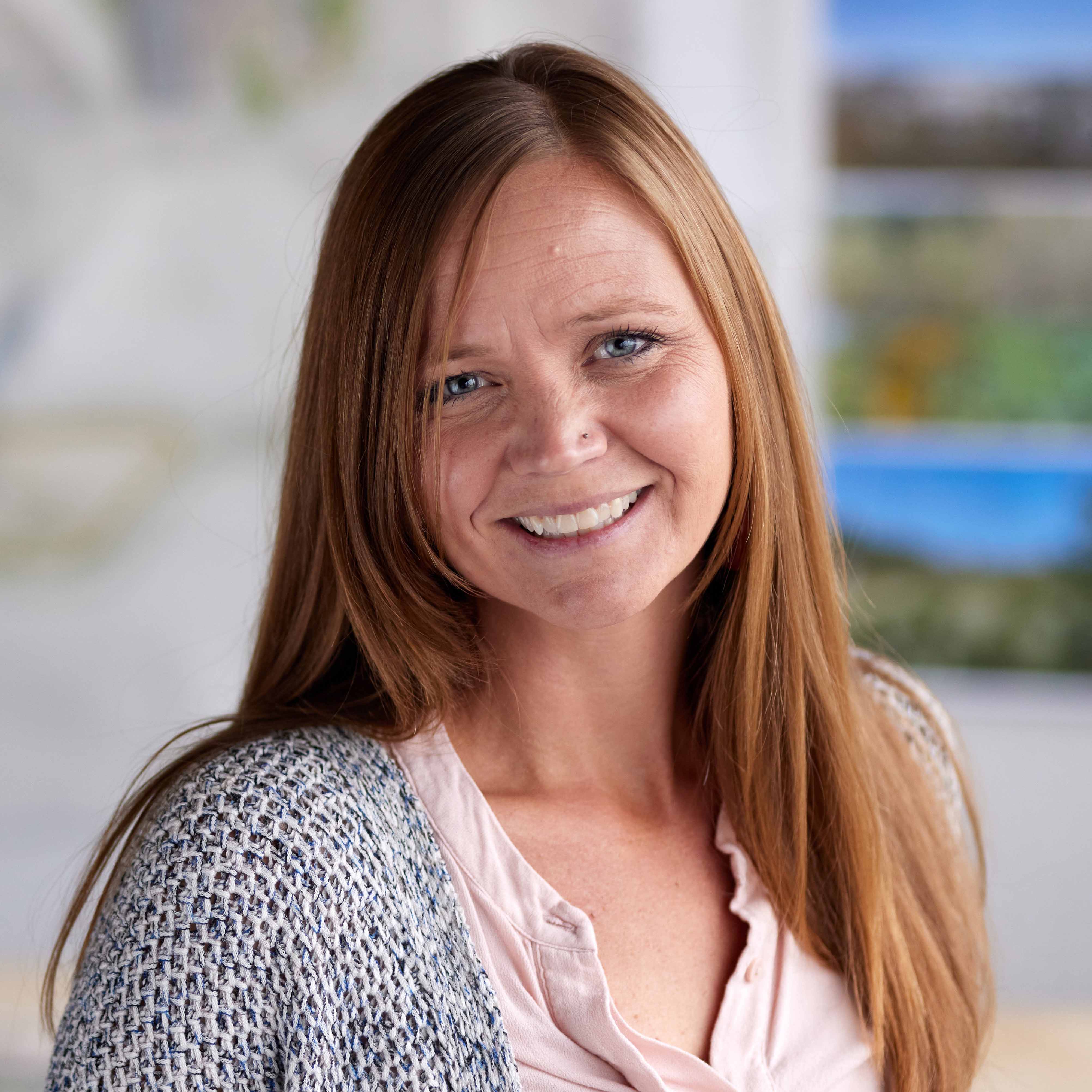
Designing environments for healing
Julie Stevens, associate professor of landscape architecture, is a pioneer in the emerging field of trauma-informed environmental design. She and her students are helping plan a recovery campus that better supports healing for local teens in need of addictions treatment, and children and youth residing in emergency shelter.
-

Change agent
DC Lee’s interest in strength training is fueled by the potential health benefits, but more so by his own experience as a weightlifter. Long before he ever picked up a book to pursue a career in academic research, he was lifting three times his body weight in hopes of winning the title of Mr. Korea. Now the associate professor of kinesiology, utilizes Iowa State's Exercise Clinic to identify the benefits of strength training to improve overall health, prevent illness and improve the quality of life for older adults.
-
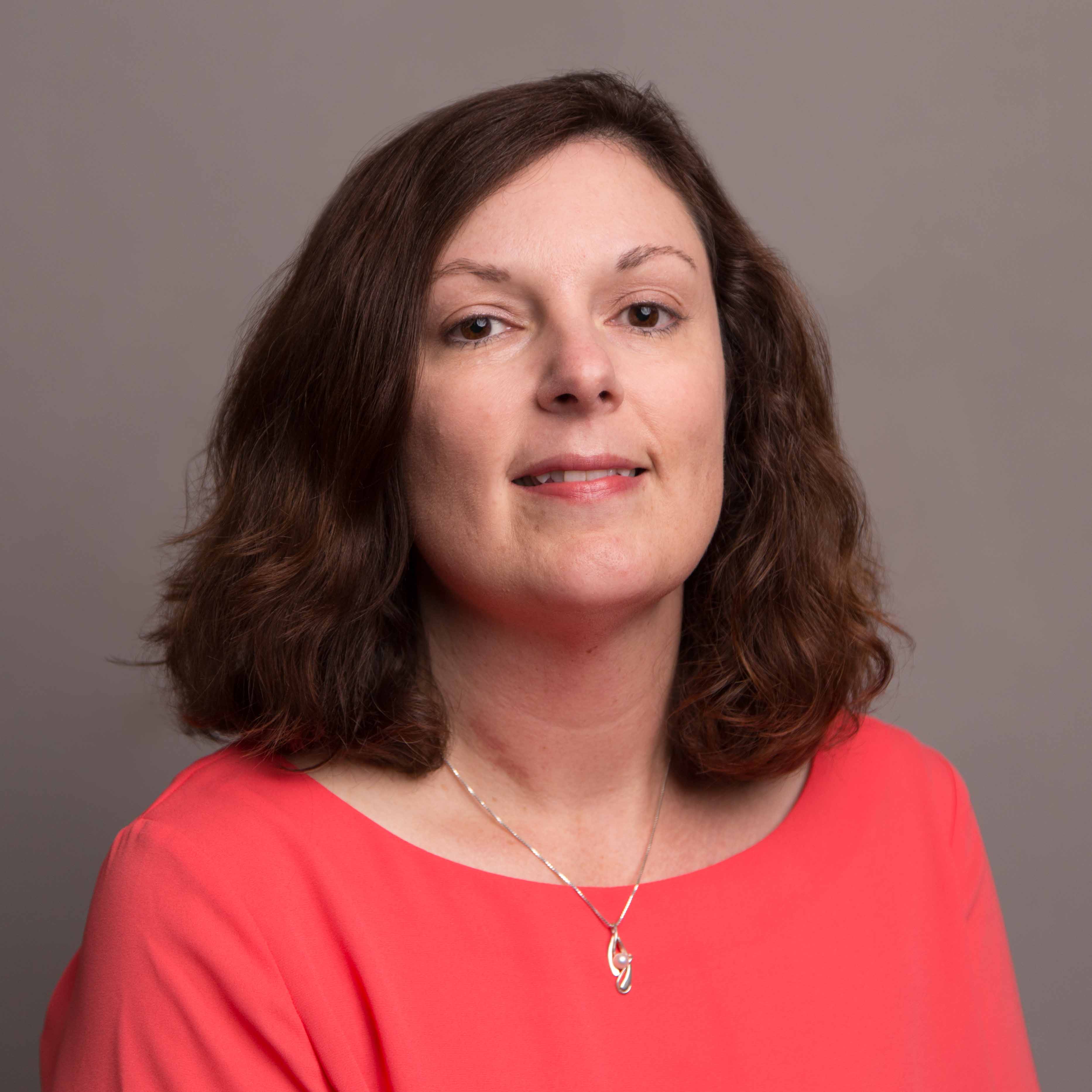
Family focus
Children are often fed by their caregivers without much control over what they eat. Recognizing the role of families as part of the complex problem of childhood obesity is where Lorraine Lanningham-Foster, food science and human nutrition, feels she can make a difference by focusing her work on family interventions.
-
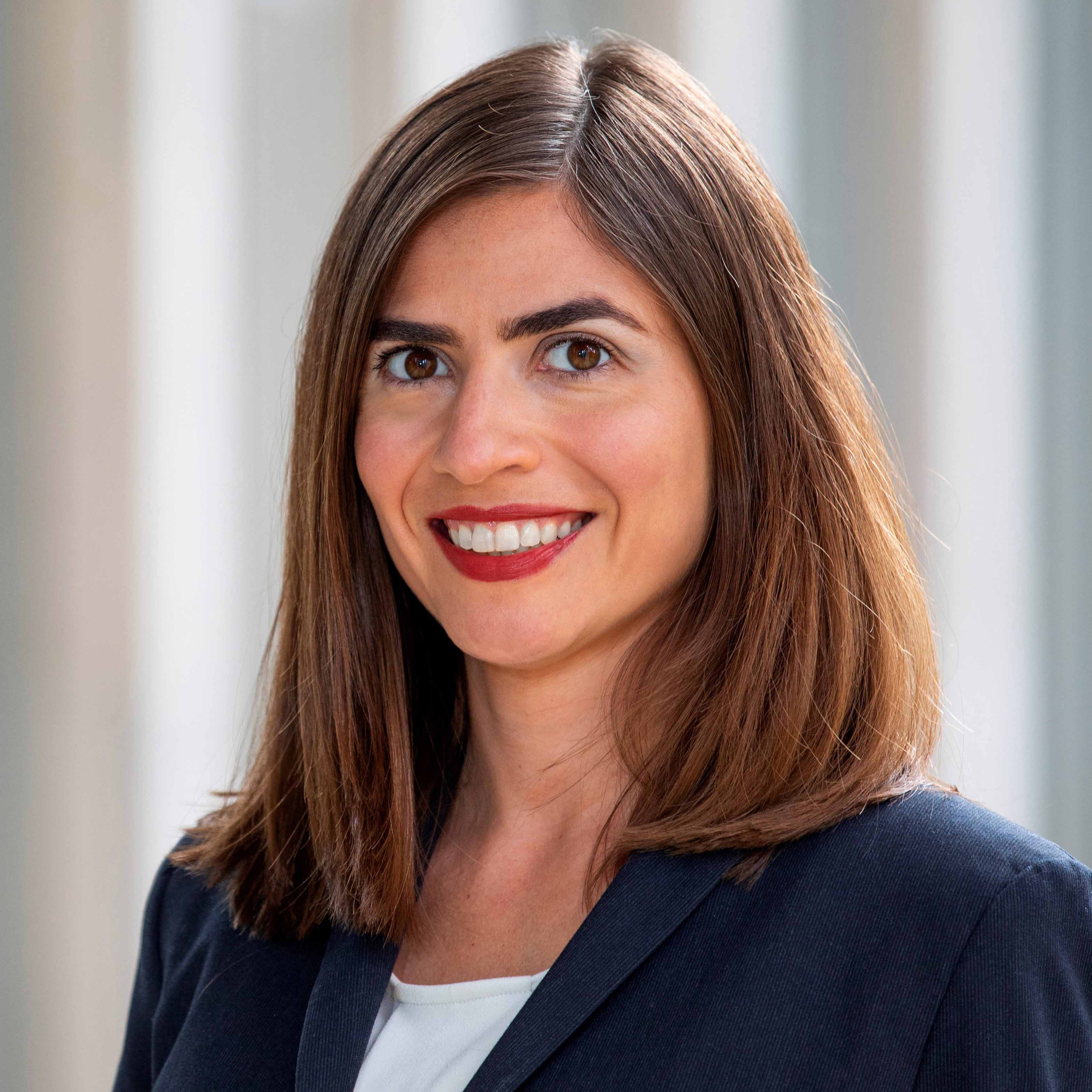
Study flips traditional view of product scarcity driving demand
Beatriz Pereira, assistant professor of marketing at the Ivy College of Business, published research examining the political polarization related to public support for COVID-19 mitigation policies. Pereira and her co-authors concluded scarcity tactics didn’t help motivate people to get vaccines, especially those who needed them most.
-
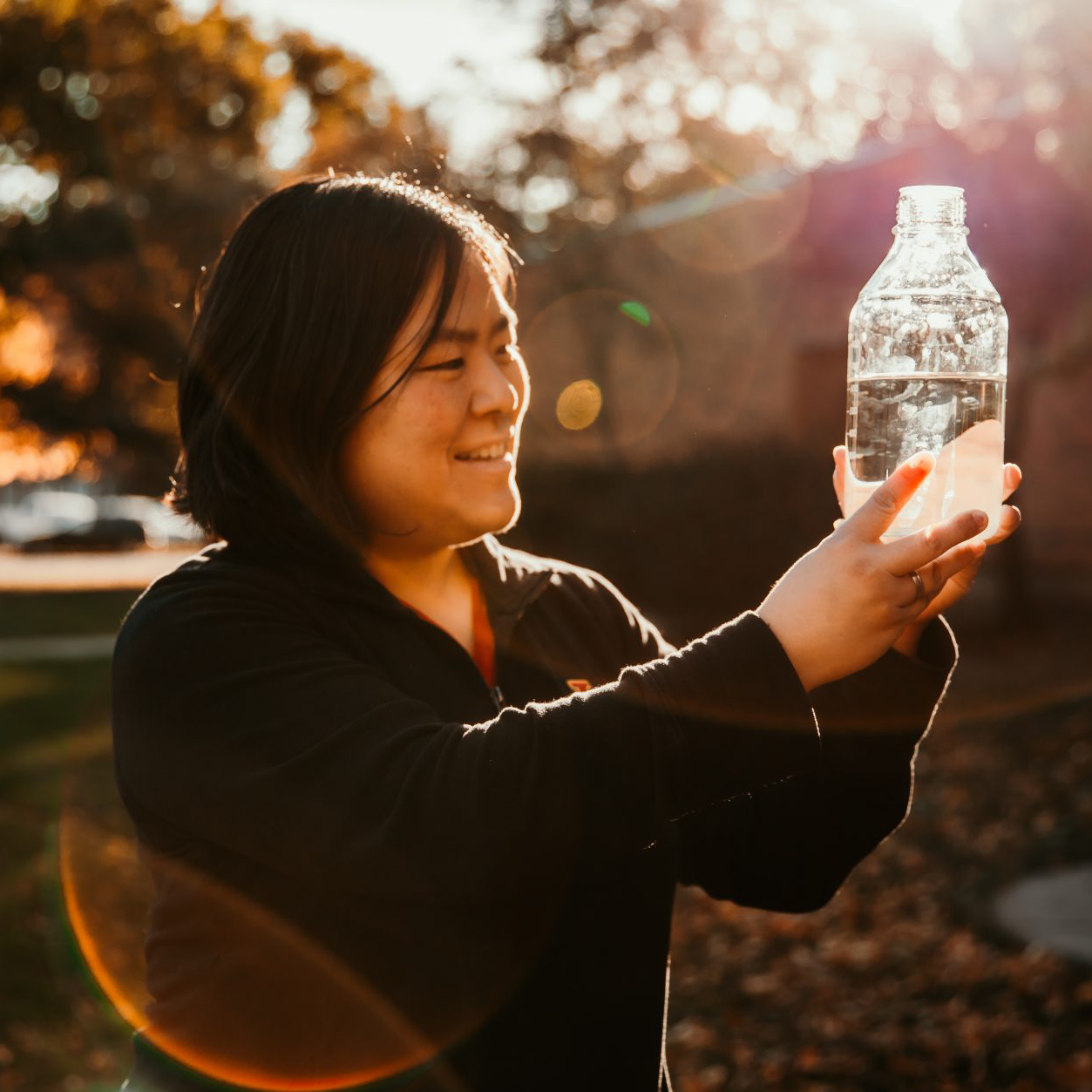
Minimizing disease-causing pathogens
Kaora Ikuma, civil, construction, and environmental engineering, examines how to minimize the risk of the disease-causing pathogens left behind after floodwaters rise and recede. Ikuma leads teams who study what pathogens stick around and where –so that flood protection resources can be best targeted to the most vulnerable communities.